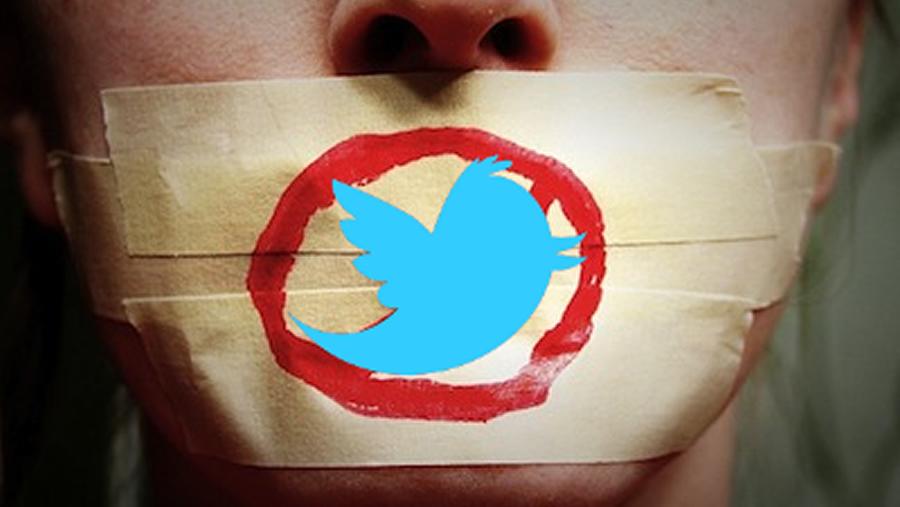Agenda: Proposed new law
could make JK Rowling a
criminal

2 July, 2020
SHE has come under social fire for defending biological sex in a tweet. If she continues to engage in such “wrongthink”, then under proposed changes to the law she could face imprisonment.
Her written words have always caused a global stir. But this time, it’s for entirely different reasons.
JK Rowling recently tweeted criticism of the use of the phrase “people who menstruate” instead of “women”. She then expanded her position, writing:
“I respect every trans person’s right to live any way that feels authentic and comfortable to them. I’d march with you if you were discriminated against on the basis of being trans. At the same time, my life has been shaped by being female. I do not believe it’s hateful to say so.”
But is it hateful to say so? What does the law say?
Article 3 of the proposed Hate Crime and Public Order (Scotland) Bill, currently sitting before Parliament, could move such debates into the criminal realm. The Bill criminalises the communication of “abusive material” that can be deemed as likely to “stir up hate” – intended or not – against persons based on age, disability, race, religion, sexual orientation, transgender identity, and variations in sex characteristics. Notably, “sex” has not yet been labelled a protected category among those proposed – a surprising omission, considering only last year, First Minister Nicola Sturgeon proudly heralded Scotland “a feminist place to be”.
Intended or not, did Rowling stir up hate? Plenty of critics claim a loud “yes”. The problem with terms such as “stirring up hate” is that it is entirely subjective, and in order to defend oneself, one would need to prove that their speech had been reasonable. While Rowling reiterated that she loves and values the lives of people who identify as transgender, the Twitter mob – including a constellation of Harry Potter stars – condemned her defence of biological sex as offensive, effectively drawing the conclusion that her Tweets and subsequent essay were “abusive materials”. A judge could side with her accusers under the proposed law, making her potentially liable to up to seven years imprisonment.
If Rowling placed her “abusive material” into a stage play, the performer, along with their director, would be liable for penalty under Article 4 of the Bill. Those who possessed and shared her “inflammatory material” could be charged under Article 5. Suspicion that such material exists in one’s home could justify a police warrant for “forced entry, search and seizure of the contraband” under Article 6.
True, the bill’s supporters claim that it only targets extreme instances of abuse.
Yet, there is nothing to chart out the grey area of what is “hateful” and what is not.
In our cultural climate, debates over concepts like sex, womanhood, and feminism are likely to grow. However, such debates should never be settled by silencing an opponent and threatening them with imprisonment, at least not in a democratic society.
The dominant values of the day must stand the test of free and fair debate, lest an ideology become doctrinal and its accusers punished as “blasphemers”. Rowling must not be prosecuted for an opinion, a belief, a tweet. And if the law changes, she might be.
Lois McLatchie is Legal Analyst for ADF International
Twitter Ditches "Offensive"
Non-Inclusive Terms Such As
"Whitelist", "Man Hours"
And "He, Him, His"
3 July, 2020
Twitter on Friday announced a list of words and phrases that their engineering team will begin using in place of 'problematic' language which "does not reflect our values as a company or represent the people we serve."
Now, "man hours" will be "person hours" or "engineer hours," the word "Blacklist" will become "Denylist," and Whitelist will be the "Allowlist."
Don't even think about misgendering - the ultimate microaggression.
Twitter's new rules apply to source code, documentation, FAQs, technical design docs, "and more," while the company is also "implementing a browser extension that will help our teams identify words in documents and web pages, and suggest alternative inclusive words."
The reactions have been telling:
Twitter's new rules are similar to changes at JPMorgan, which has eliminated terms such as "blacklist" and "master / slave" as well from its internal technology materials and code, according to Reuters.
The terms had appeared in some of the bank’s technology policies, standards and control procedures, as well in the programming code that runs some of its processes, one of the sources said.Other companies like Twitter Inc (TWTR.K) and GitHub Inc adopted similar changes, prompted by the renewed spotlight on racism after the death of George Floyd, a Black man who died in police custody in Minneapolis in May. hereThe phrases “master” and “slave” code or drive are used in some programming languages and computer hardware to describe one part of a device or process that controls another. -Reuters
Who will be the next company to signal their virtue in the wokelympics?




No comments:
Post a Comment
Note: only a member of this blog may post a comment.